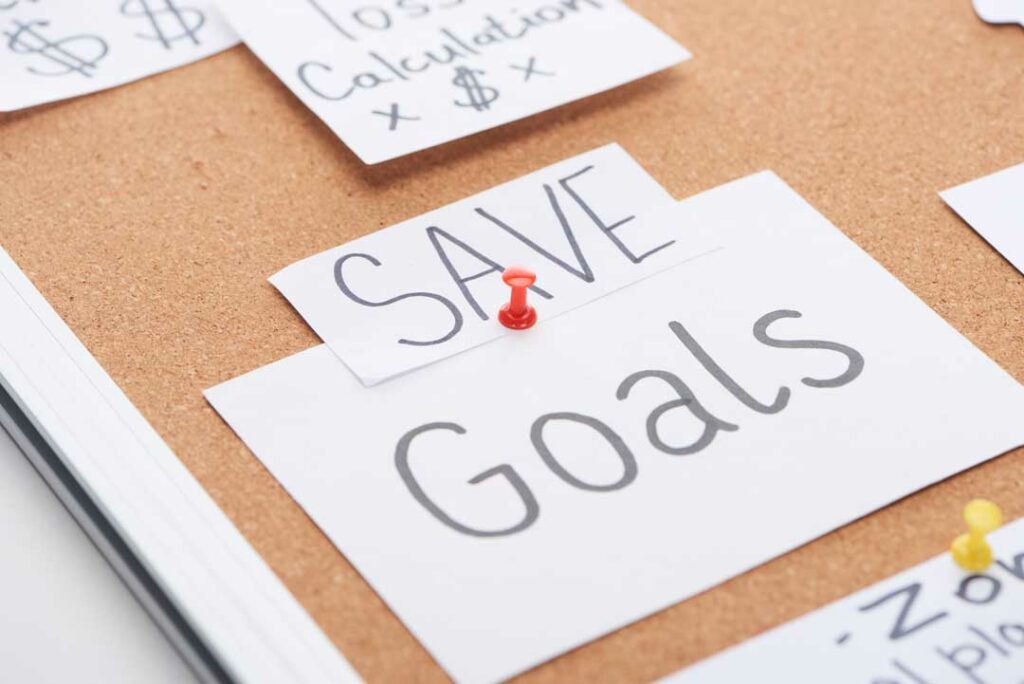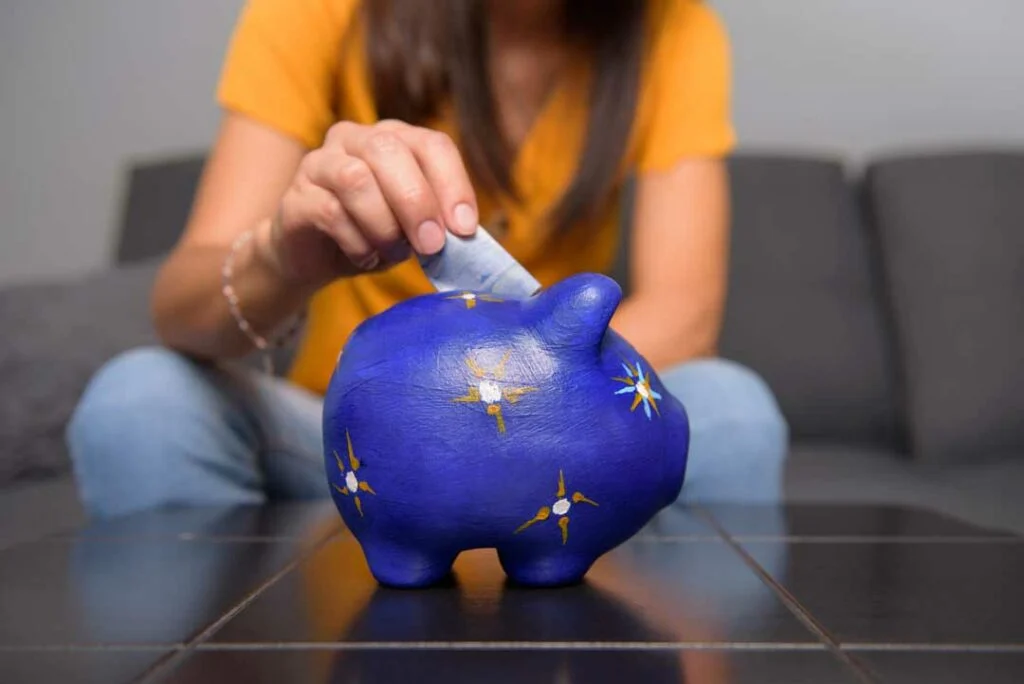
Think about the most important relationships in your life. Your family, your best friend, maybe even your dog. Now, imagine if you treated your money the way you treat those relationships. Would you avoid it? Ignore it until it causes problems? Or would you check in regularly and try to understand it better?
How to Improve Your Relationship with Money (Without Harsh Budgets)
Most of us don’t think about money as something we have a relationship with. But in reality, money shapes so much of our daily lives. It influences our choices, our stress levels, and even our self-esteem. If you feel stuck, guilty, or anxious about your finances, you’re definitely not alone.
A lot of people turn to solutions like debt settlement when they feel overwhelmed by money problems. While that can help with immediate challenges, building a better relationship with money is what sets you up for long-term success. Like any relationship, it takes patience, honest reflection, and small acts of care every day.
Understand Your Money Story
We all have a “money story” — the beliefs and feelings we’ve picked up about money since childhood. Maybe you grew up thinking money is always scarce, or maybe you believed spending equals happiness.

Take some time to think about your earliest money memories. Did you watch your parents argue about bills? Did you feel jealous of kids who had more? Did you learn to save every penny, or did you spend whatever you got right away?
Understanding these stories helps you figure out why you make certain choices today. You don’t have to judge yourself for it. Instead, think of it as getting to know an old friend you’ve misunderstood for years.
Start With Small, Honest Check-Ins
Just like checking in with a friend, it’s important to regularly check in with your money. Set a weekly “money date” with yourself. You don’t have to spend hours reviewing spreadsheets. Simply look at your accounts, check your spending, and see if you’re on track with your goals.
These check-ins help you feel more in control and less surprised by unexpected expenses. Over time, you’ll start to see patterns and feel more comfortable making adjustments.
Create Healthy Habits Instead of Harsh Rules
Most of us think we need strict budgets to control our money. But harsh rules can feel like punishments, and they’re hard to stick to long term. Instead of saying, “I can never buy coffee again,” try setting a spending limit that still lets you enjoy small treats.

When you build habits you actually enjoy, you’re more likely to stick with them. For example, maybe you start putting aside a little bit of cash for fun activities each month. You’ll still be saving, but you won’t feel deprived.
Practice Open Communication
If you share money decisions with a partner or family, communication is huge. Many people avoid talking about money because they fear conflict or embarrassment. But avoiding the topic usually makes things worse.
Start with small, non-judgmental conversations. Share your money goals, fears, and even past mistakes. Being open helps you feel less alone and builds trust. You might be surprised at how much lighter you feel when you stop carrying the burden all by yourself.
Celebrate Your Wins (Big and Small)
Money progress can feel slow, and it’s easy to overlook your achievements.
Did you stick to your budget this month? Did you resist impulse shopping? Did you make an extra payment toward debt settlement?

Celebrate these moments. They show that you’re making progress, even if it doesn’t always feel like it. Give yourself credit for every step forward, no matter how small it seems.
Forgive Past Mistakes
A big part of building a better relationship with money is learning to let go of guilt and regret. Everyone has made money mistakes — maybe you racked up credit card debt, took out a loan you couldn’t afford, or spent more than you earned.
Instead of beating yourself up, focus on what you’ve learned. Those experiences can make you wiser and more resilient if you use them as lessons instead of life sentences.
Set Future-Focused Goals
When you focus only on past mistakes or current problems, it’s easy to feel stuck. Shift your attention to what you want in the future. Do you want to travel more? Buy a house? Build an emergency fund so you feel secure?

Write down your goals and break them into small, actionable steps. Even saving five dollars a week can bring you closer to your dreams. The key is to keep moving forward and remind yourself why it matters.
Build a Better Financial Future: How to Improve Your Relationship with Money
Building a better relationship with money isn’t about reaching a certain number in your bank account. It’s about creating trust and understanding so money becomes a tool that supports your life rather than a source of stress.
By checking in regularly, creating kind habits, practicing open communication, and focusing on small wins, you can transform your money story. You’ll move from feeling anxious or ashamed to feeling empowered and secure.
Just like any important relationship, it takes time and care — but the rewards are worth it. Take that first small step today and start building a financial future that feels good inside and out.

Jessi is the creative mind behind The Coffee Mom, a popular blog that combines parenting advice, travel tips, and a love for all things Disney. As a trusted Disney influencer and passionate storyteller, Jessi’s authentic insights and relatable content resonate with readers worldwide.
